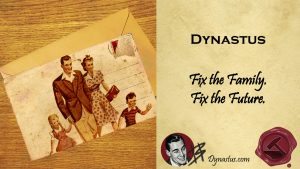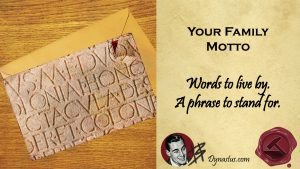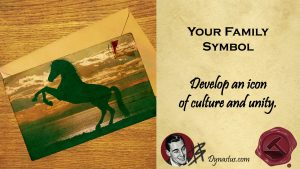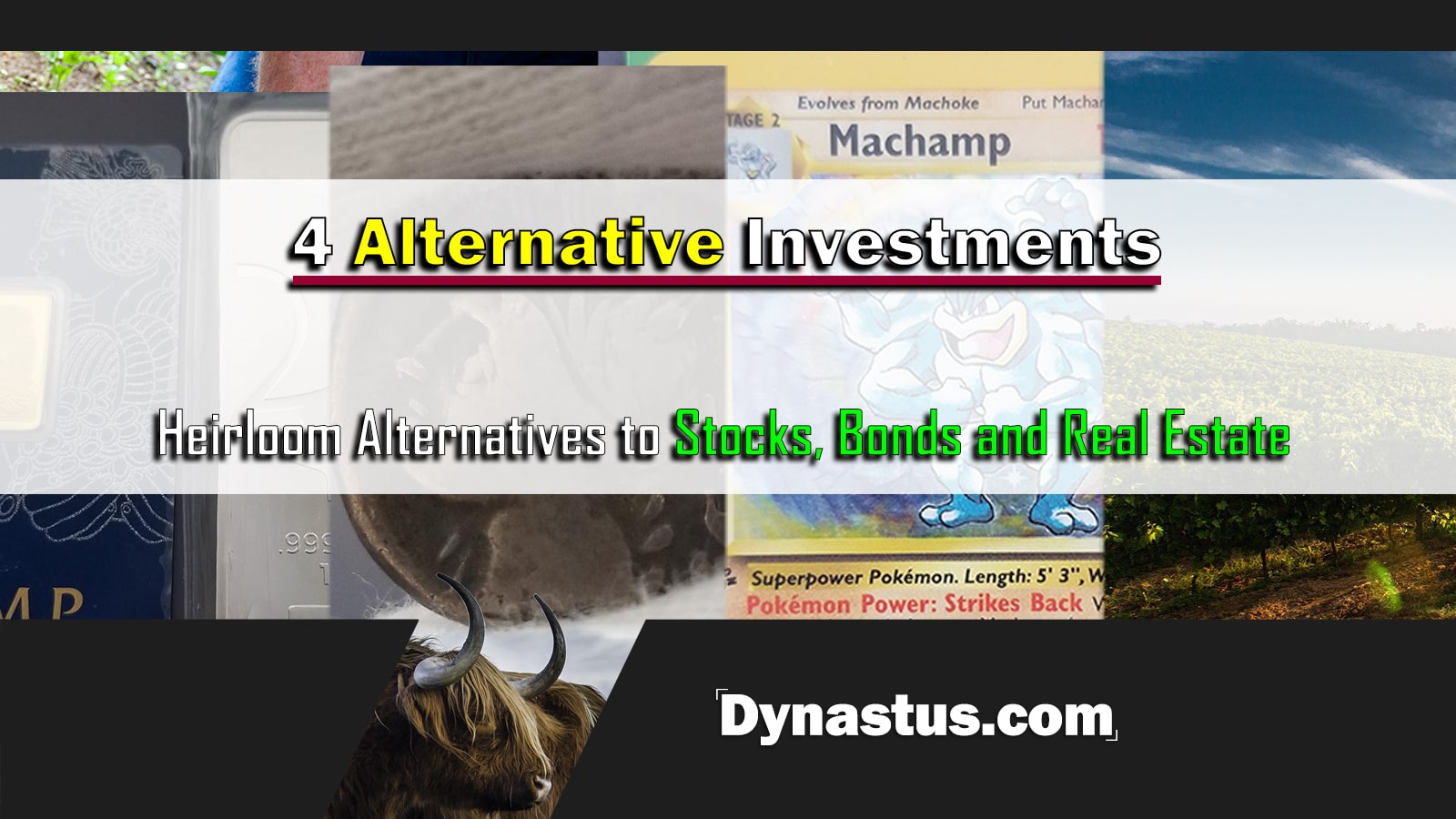
When it comes to investing, there are more asset classes than simply stocks, bonds and real estate. I love these more traditional asset classes as much as the next guy (though real estate in NZ is getting ridiculous at the moment). But when it comes to my hobby-level investing, I prefer to put my money into things which I find fun to collect or have. It also helps that these have the potential to appreciate in value.
Now I will preface this with the fact that these ‘assets'(and I use the term loosely) are highly, highly speculative. You should, by no means, treat these as primary investments(or this as investment advice). Instead, these are more like fun hobbies, with the potential to make some capital appreciation along the way. You could also treat these items as family heirlooms, each with a small piece of family culture and heritage attached to them.
Regardless of how you treat these 4 alternative investments, you should enter any with extreme caution and armed with a tonne of knowledge. As such, I’ve left links to some resources scattered about this article.
Precious Metals
Precious metals can be a good way to hold a bit of wealth in a tangible form. Admittedly, I’m a bit of a fan of Precious Metals, but only on a practicality level. By this I mean you should prefer to purchase a metal if you can see an increase in its future value based on increasing consumption for practical applications.
Examples
Take Silver for example – its usage in electronics, in phones, and in medical and industrial fields leads to more of it being consumed. That coupled with several other factors gives me data which leans on the side of an increase in value, as more gets used.
Compare this with platinum, where the production in nearly outweighed by consumption, but only by DPF filters in diesel vehicles. These filters clean the emissions at the expense of vehicular power(and efficiency). But with the increase in viability of electric vehicles(and said vehicles needing silver), platinum seems like less of a long-term choice for holding as a precious metal.
When making bets and holding metal over the long term(whatever this means to you) and not being concerned with alpha returns can wind up netting a tidy return. I view my personal holdings as heirloom items to hand down to my children, unless there’s a large spike in price in my lifetime, in which case I’ll sell and use the funds for something more traditional.
Lock It or Lose It
If you do wind up accumulating substantial metals, I’d advise you get a vault to some description. Metal is something that can be stolen(unlike stocks, bonds, and real estate), and you’ll have a hard time getting reimbursed by your insurance company if your metal gets stolen.
Do be warned though, if you’re a fan of Buffett, you’ll find he hates Metal(though contrarily he has bought it in the past). His quote goes something like, and I’m abridging this a bit here: “Gold is the only asset you pay a tonne to pull out of the ground, then a tonne to put it back down again.”. In this, he is referring to locking up securely, and he’s right, a vault adds an ongoing expense. So if you do spare the expense for a vault, go into it armed with confidence from your research that your gains will outweigh this expense. Nobody ever really knows for sure, though.
For more on this subject, check out my post on Precious Metals. I’ve written a starter guide as well as some thoughts on Silver.
Heirlooms
Silver and gold can be great things to hand over to your children and incorporated into your strategy to build family wealth. If your goal is to build intergenerational wealth then silver and gold can be great items to serve as heirlooms to hand to your children if you don’t sell in your lifetime.
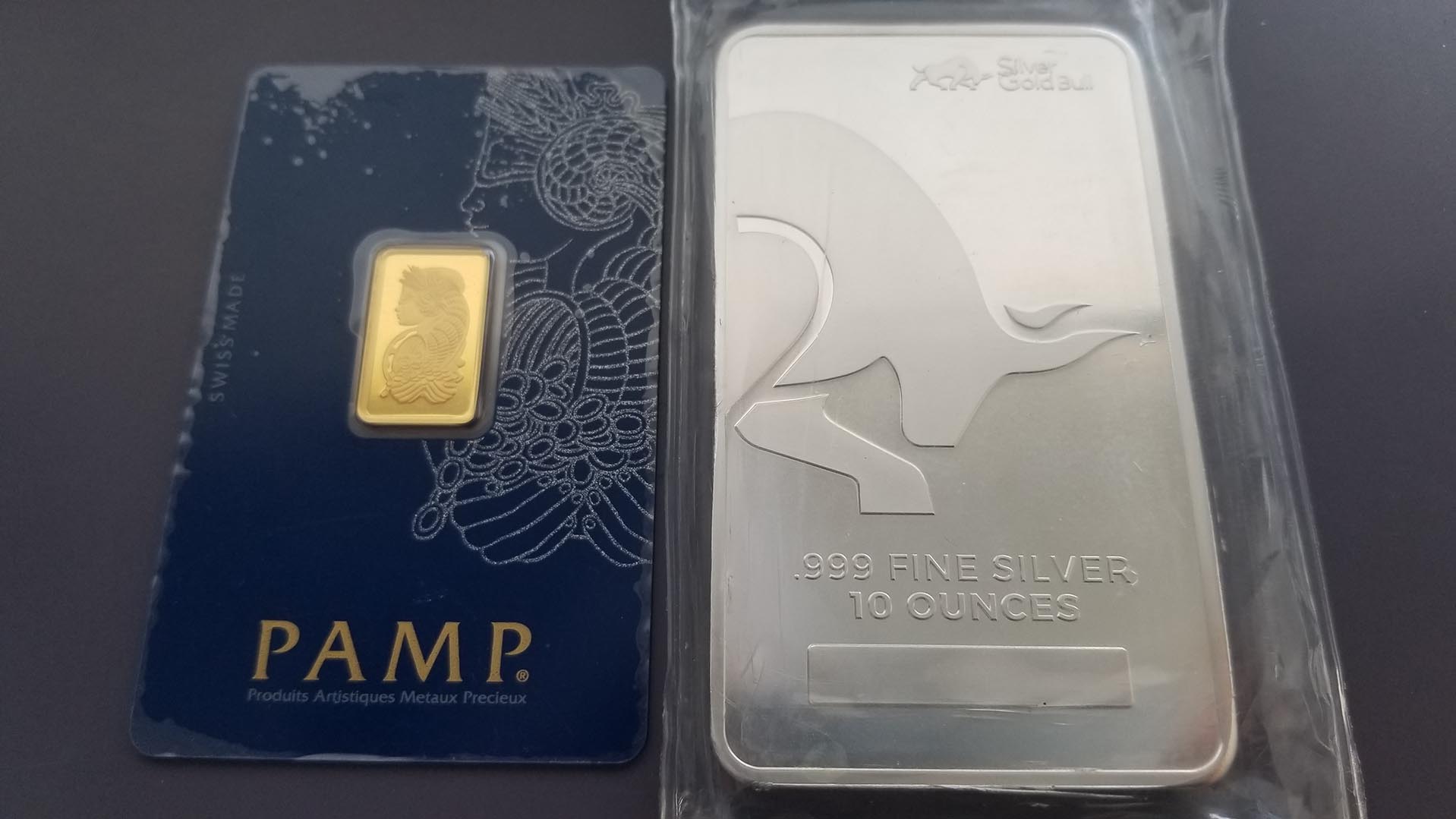
5 Grams of Gold and 10 Ounces of Silver. Funnily enough, the gold is worth more but has far less practicality.
Numismatics
Some Extra Reading on Numismatics (clickable)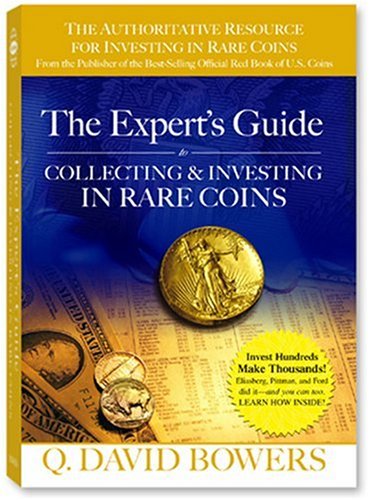 The Expert’s Guide to Collecting & Investing in Rare Coins: Secrets of Success
The Expert’s Guide to Collecting & Investing in Rare Coins: Secrets of Success
Numismatics is the collection and study of currency. This is a fascinating and specialized field. Essentially it involves holding coins or notes of historical significance, either as a hobby, for research, or with the intent to resell them later on.
Collections
There are a few ways to go about this. First, there’s creating complete collections. This involves meticulously hunting for full ranges of coins, be it from more recent history, such as the Morgan dollars, or from ancient history, like denars minted with particular emperors from Greece, Rome or Athens.
Flipping
Second, you could take a flipping approach, by purchasing coins from people who are either wanting to offload them(like in estate sales) or from people who don’t know what they have(like at yard sales). You then take the time to list them properly on a major site like eBay or one of a few coin listing sites. Upon sale, you take the difference as profit.
Holding
You could also be a holder, which would be my preferred strategy. With this, you still bargain hunt, but look for the rarest coins, which will only get more scarce(theoretically), and thus increase in desirability and value. You could hybridize any of these but these are the three basic approaches.
My Collection
I have a few coins in my collection, though these were gifted to me. My favorite being a 102BC L Cassius Denar featuring Ceres on the Obverse and two oxen pulling a plow on the reverse with a ‘Z o’ minting mark. Gorgeous coin, gorgeous detail and an incredible piece of history to own. To think of the ancients that held that coin, merchant and ‘consumer’ alike, and how many hands it passed through really blows my mind.
All up, I’m not terribly knowledgeable about this subject, frankly. I plan on investing some time into learning more about numismatics and finding a few more pieces to add to my collection. Stay tuned.
One thing I’ll add to this is that I know when you’re getting started, you’re better off to put what you’re willing to spend into one to three coins, rather than dozens. The reason for this is that lower priced coins tend to be incredibly common, and that fact results in less intrinsic value by default, and thus less potential to appreciate.
The Handover
Coins can be difficult things to value and track, so they can serve as a way to grow wealth to pass to your children without fear of taxation. Time will serve a family well when it comes to numismatics. As time goes on, scarcity and spread of these items could and should lead to an increase in value.
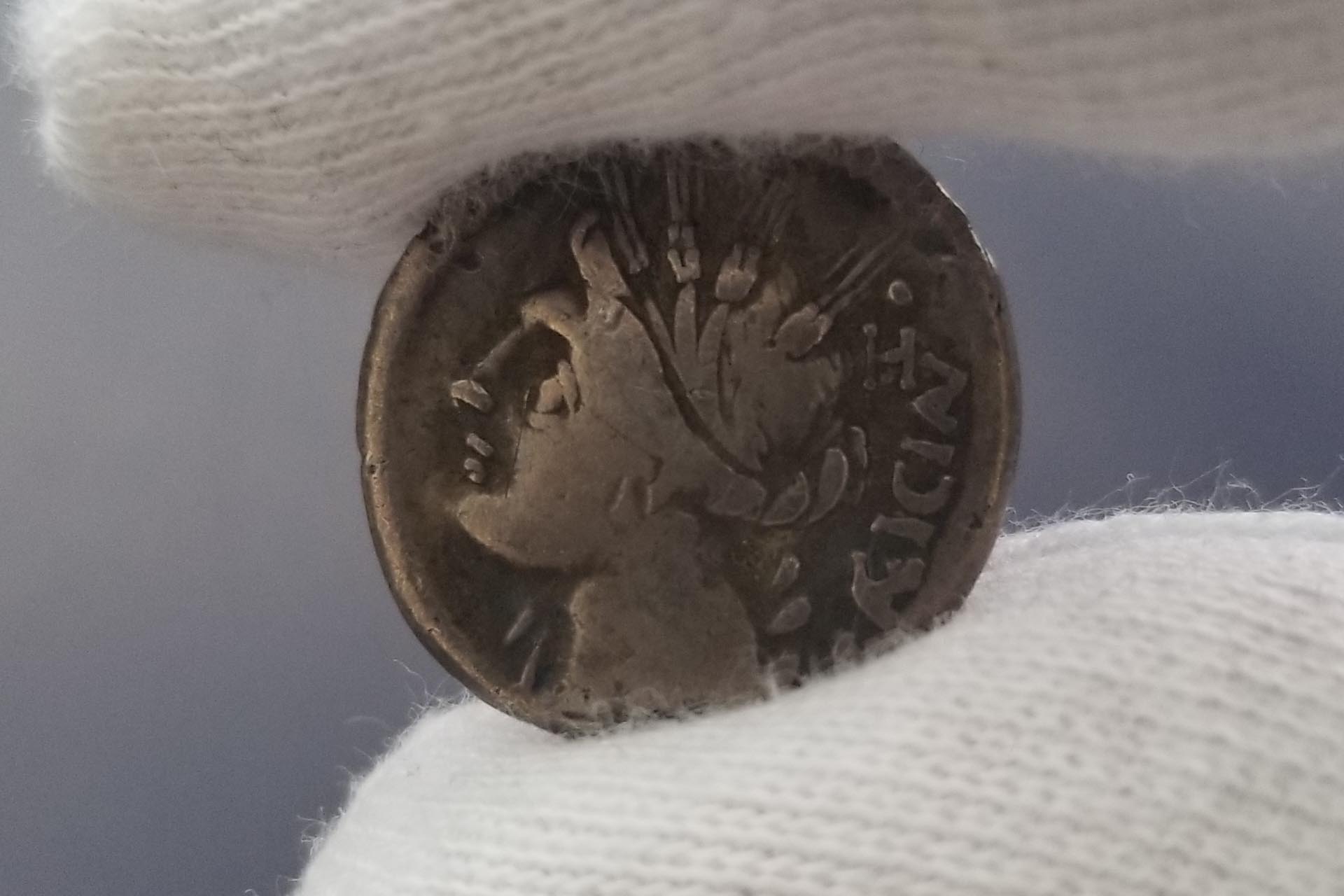
My L Cassius 102 BC Denar Reverse Face, Featuring Ceres – Goddess of Agriculture, Fertility, and Motherly…ness.
Collectibles
These are probably my least favorite if I’m being honest up front. Essentially you’re hunting for something that has a perceived value that goes way over and above what it costs to produce or value it provides. You could lump numismatics on this list too, sure, but the difference here is that collectibles can take any form imaginable. I mean some people collect lint, not that I would advise sinking any cash into this.
More realistic collectibles include:
- Cards
- Arcade/Pinball Machines
- Vintage PCs
- Records
- Porcelain Dolls
- Old Toys
- Books
- Medals
- Cars & Motorbikes
- Vintage Toys
- Art
The list goes on.
Strategies
Again, as with Numismatics you can apply the flip, complete/build a collection or hold strategies, or hybridize them. But you’ll have to acquire specialized knowledge on each type of collectible you pursue, this isn’t something you dive into without knowing full well what you’re in for.
In a lot fo countries, art and collectibles aren’t taxed. This is to create a safe haven for the ultra rich to store and transfer money between countries and generations. You too can take advantage of this on a strategic and smaller scale.
My Stash
Personally, I have a few cards that I own through happenstance from childhood, though these are nowhere near like likes of a Shiny Original Charizard.
One card I own is the Machamp featured below. It’s worth a little bit, but I’ll hold it rather than sell. That said, if I had a Charizard, I’d sell it in a heartbeat!
I also have a few booster packs, locked away in my family vault in hopes that 20 years down the line I’ll be able to sell them for a premium…unlikely but here’s to hoping.
Handing Down
I personally don’t think a lot of collectibles will be good to hand over. Specifically, those based on nostalgia. Pokemon cards for example probably won’t have much value as time goes on, as a lot of the price is down to the nostalgic emotions tied to the cards themselves.
Some other things may only become more valuable, however, like vintage cars, or actually desirable fine art.

Check out the price on these Pokemon Cards. Not mine(unfortunately), they’d be long gone if I had them!
Raw Land
Further Reading on Raw Land Investing (clickable)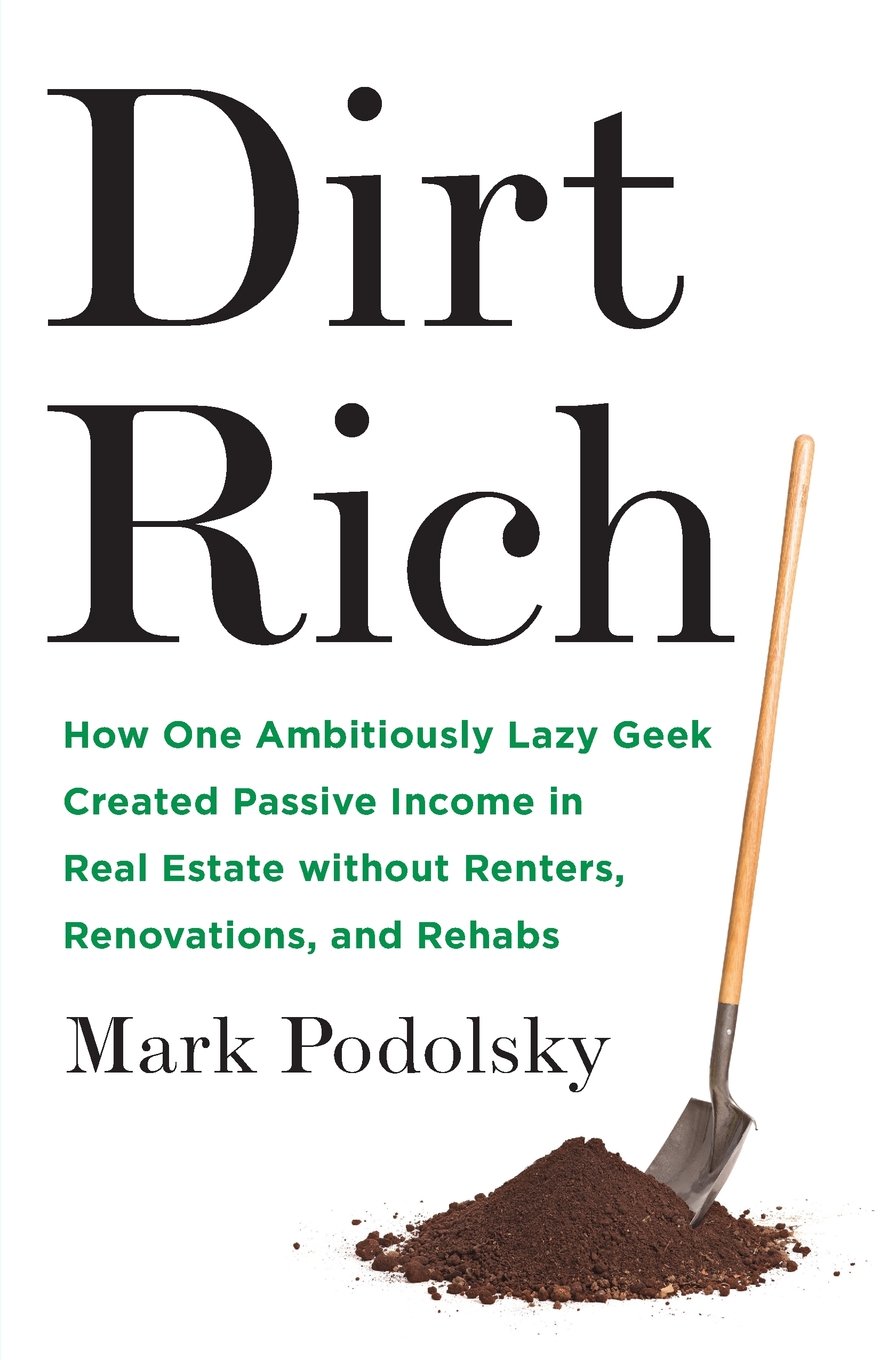 Dirt Rich By Mark Podolsky
Dirt Rich By Mark Podolsky
Last up, there’s raw land. Now, they aren’t making any more land so the saying goes, so buying a slice if and when you can pay off big.
Capital Appreciation
As with the other ‘assets’ there are several approaches. First, you’re going to probably make the most passively when you’re buying for the purpose of speculative growth. This typically involves buying outside of a growing town or city and sitting on the land until the city laws change so that you can divide and sell or develop and sell the land for residential purposes.
Generating Income
You could also build you raw land into more of a business, leasing it out to farmers or hay balers, or running stock, bees or horticulture on it. You can even grow a stand of trees for timber, be it to build for yourself later or to chop, sell and replant. Developing an orchard and reselling at maturity is another strategy. You might also develop high-end lifestyle property for the top end of the market.
There is a tonne of ways you can generate an income off your land, even outside the scope of farming. You could also look to generate in income more passively while you wait for speculative growth. This can reduce the downside risk, but may also create headaches or add work, so it’s really down to how much you want to bite off.
Warning
Know that holding land does incur an ongoing cost in the form of land tax/rates as well as other state/local/government taxes. So go into the subject armed with all the knowledge you need to make a wise purchase.
Dynastic Land
Raw land can also be used to build family homes on as well. We all know it’s gotten harder to purchase land and homes, do you want that difficulty to exacerbate for your children too?
I’ve written a post covering dynastic land that will explain this better, you can read it here.
Thoughts?
So what do you reckon, do any of these four sound like interesting assets or hobbies? Do you have or do you intend to go into any of these? Let me know in the comments below.
You can also connect with me on Twitter and we can discuss it over there.
As always, Thanks for Reading. Yours.


